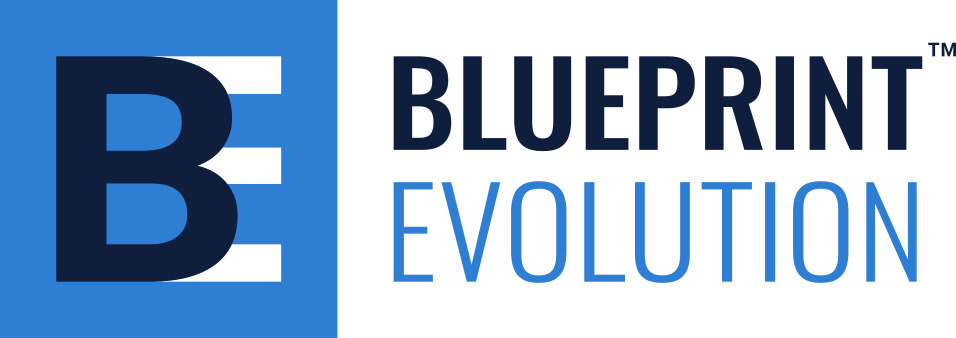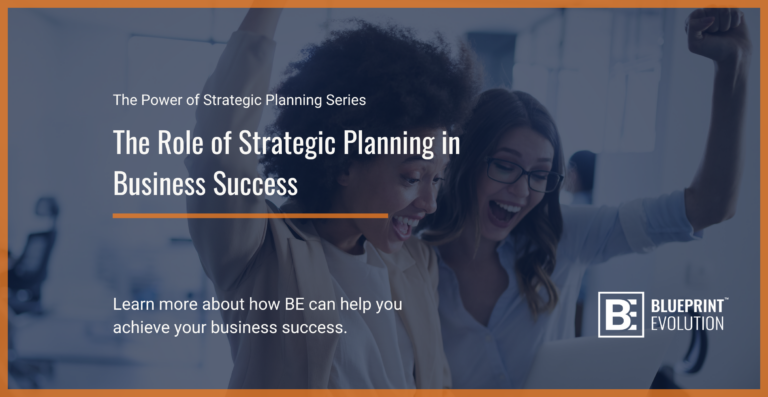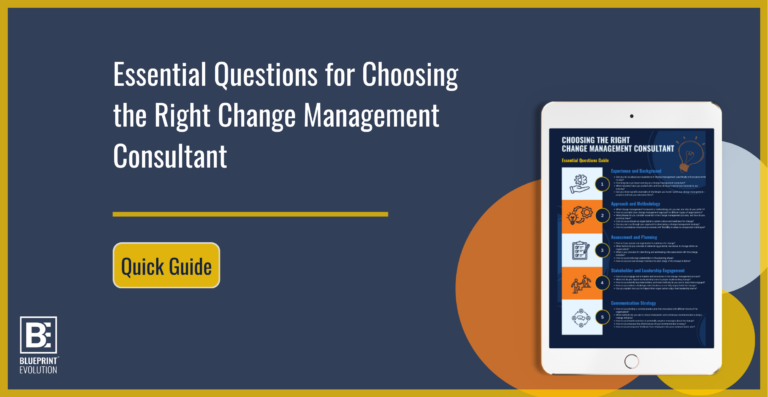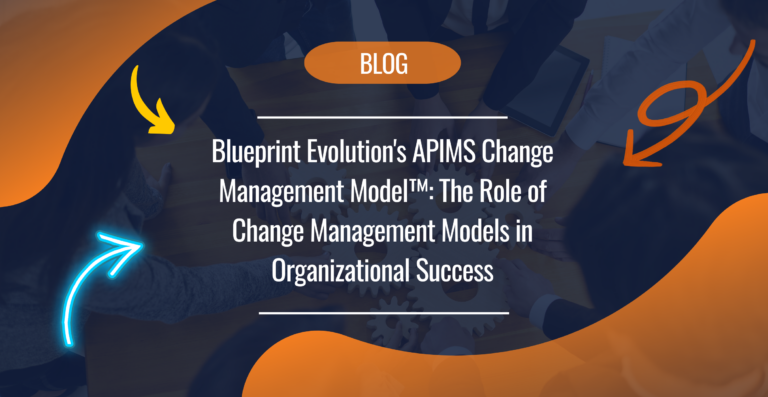Empower Change: Engage Teams
Why Employee Involvement Matters
Ownership and Commitment: When employees are actively involved in the change process, from planning to implementation, they develop a deeper commitment to the outcomes. This sense of ownership often results in higher motivation and reduced resistance to change.
Enhanced Collaboration: Involvement encourages open communication and collaboration, creating a workplace environment that values every voice. This inclusivity can lead to innovative solutions and more effective problem-solving during transitions.
Increased Adaptability: Organizations with high employee engagement in change initiatives are more adaptable to external pressures. Engaged employees are more likely to embrace change rather than resist it, allowing the organization to pivot more swiftly and effectively.
Positive Organizational Culture: Active participation builds a positive culture, with trust and transparency at its core. This not only enhances employee morale but also attracts top talent who value inclusive and responsive workplaces.

The Blueprint Difference
Contact us today to learn how we can assist you in transforming your change management practices into a strategic advantage.

Effective communication is essential in change management. It ensures transparent delivery of the reasons for change, anticipated benefits, and its impact on both individuals and the organization. As imperative components of this process, it’s critical to maintain regular updates and foster inclusive, open channels for feedback.
Engaging employees in the change process fosters a profound sense of ownership and commitment. This entails actively seeking their input, addressing concerns, and involving them in decision-making whenever possible. Through their participation, a more positive, inclusive, and collaborative atmosphere is cultivated, significantly enhancing the effectiveness of change management strategies.
Providing training and support to empower employees with the skills and knowledge needed to navigate changes adeptly helps with the growth process. This might involve workshops, coaching sessions, or customized educational programs to strengthen capabilities and nurture confidence throughout the transition.
Effective change management hinges on visible and active support from organizational leaders. Leaders are instrumental in setting the tone, demonstrating unwavering commitment, and guiding the organization inclusively through the change process. Their hands-on involvement fosters employee trust and confidence, ultimately driving the successful implementation of change.
Change Readiness and Planning involve assessing the organization’s preparedness for change, identifying potential challenges, and formulating a comprehensive change management plan aimed at fostering trust and securing buy-in throughout the transition. This plan encompasses strategies to address resistance and outlines the specific steps and milestones of the change initiative.
- Communication & Marketing Strategies
-
Effective communication is essential in change management. It ensures transparent delivery of the reasons for change, anticipated benefits, and its impact on both individuals and the organization. As imperative components of this process, it’s critical to maintain regular updates and foster inclusive, open channels for feedback.
- Employee Involvement & Engagement
-
Engaging employees in the change process fosters a profound sense of ownership and commitment. This entails actively seeking their input, addressing concerns, and involving them in decision-making whenever possible. Through their participation, a more positive, inclusive, and collaborative atmosphere is cultivated, significantly enhancing the effectiveness of change management strategies.
- Training & Skill Development
-
Providing training and support to empower employees with the skills and knowledge needed to navigate changes adeptly helps with the growth process. This might involve workshops, coaching sessions, or customized educational programs to strengthen capabilities and nurture confidence throughout the transition.
- Leadership Engagement
-
Effective change management hinges on visible and active support from organizational leaders. Leaders are instrumental in setting the tone, demonstrating unwavering commitment, and guiding the organization inclusively through the change process. Their hands-on involvement fosters employee trust and confidence, ultimately driving the successful implementation of change.
- Change Readiness & Planning
-
Change Readiness and Planning involve assessing the organization’s preparedness for change, identifying potential challenges, and formulating a comprehensive change management plan aimed at fostering trust and securing buy-in throughout the transition. This plan encompasses strategies to address resistance and outlines the specific steps and milestones of the change initiative.











